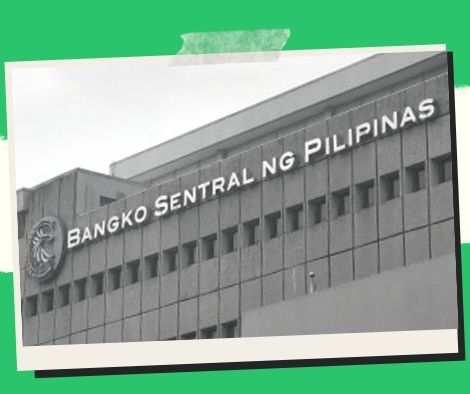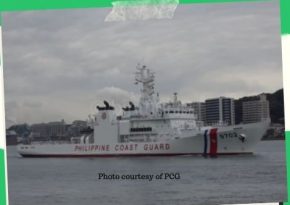
Improvements to the financial system allow the market to prepare for a catastrophe.
MANILA, Philippines — Governor Benjamin Diokno of the Bangko Sentral ng Pilipinas (BSP) has emphasized the importance of being prepared for the dangers that come with these changes, citing the advancements in the financial industry over the last three decades.
Diokno said technology has given financial services organizations better access to their markets and vice versa, but it has also offered additional channels for diverse spillovers, during the unveiling of the systemic risk crisis management (SRCM) framework on Monday.
He explained that planning for any eventuality is critical because crises occur at inconvenient times and “produce enormous disruptions as they develop.”
“Someone will always shoulder the consequences of the least delays,” Diokno remarked, “and it is invariably the public.”
He emphasized the need of looking ahead, particularly at a time when the economy is emerging from another crisis, and to learn from previous setbacks “while anticipating the possibilities of the future.”
The Financial Stability Coordination Council (FSCC) set out to do this using the SRCM framework, according to Diokno.
“Financial stability, after all, is about systemic risks, and the ongoing challenge is to improve the financial system’s resilience.” “Stability is thus essentially about risks and resilience, with the latter being ensured by both preventing system shocks and enhancing the system’s ability to recover if those shocks occur,” he explained.
The SRCM, according to Diokno, intends to assist stakeholders in managing systemic risks and strengthening the system’s resilience.
“It establishes arrangements among the FSCC agencies that we will rely on in good times so that we are best organized in bad times,” he continued.
“While financial stability is not about forecasting the future, it is all about assessing all reasonable potential outcomes,” Diokno remarked.
“While it is nearly impossible to predict the next catastrophe, it’s timing, and its precise character,” he continued, “this should not prevent us from being prepared.”
According to Diokno, providing stakeholders with a comprehensive understanding of the issue will enable them to make well-informed decisions.
“All of these issues simply mean systemic risk crisis management, and, by extension, financial stability in general,” he stated.
Diokno went on to say that arming people with all the information they need about the financial system will help them avoid unpleasant shocks, such as what occurs when a crisis strikes.
“We want systemic risk communication to be informative rather than alarmist. “Rapid and responsible communication between and among stakeholders can help to establish these risk sensitivities,” he noted.
Save/Share this story with QR CODE
Disclaimer
This article is for informational purposes only and does not constitute endorsement of any specific technologies or methodologies and financial advice or endorsement of any specific products or services.
📩 Need to get in touch?
Feel free to Email Us for comments, suggestions, reviews, or anything else.
We appreciate your reading. 😊Simple Ways To Say Thanks & Support Us:
1.) ❤️GIVE A TIP. Send a small donation thru Paypal😊❤️
Your DONATION will be used to fund and maintain NEXTGENDAY.com
Subscribers in the Philippines can make donations to mobile number 0917 906 3081, thru GCash.
3.) 🛒 BUY or SIGN UP to our AFFILIATE PARTNERS.
4.) 👍 Give this news article a THUMBS UP, and Leave a Comment (at Least Five Words).
AFFILIATE PARTNERS

World Class Nutritional Supplements - Buy Highest Quality Products, Purest Most Healthy Ingredients, Direct to your Door! Up to 90% OFF.
Join LiveGood Today - A company created to satisfy the world's most demanding leaders and entrepreneurs, with the best compensation plan today.



 Business Technology, Finance Technology & Information Technology
Business Technology, Finance Technology & Information Technology





